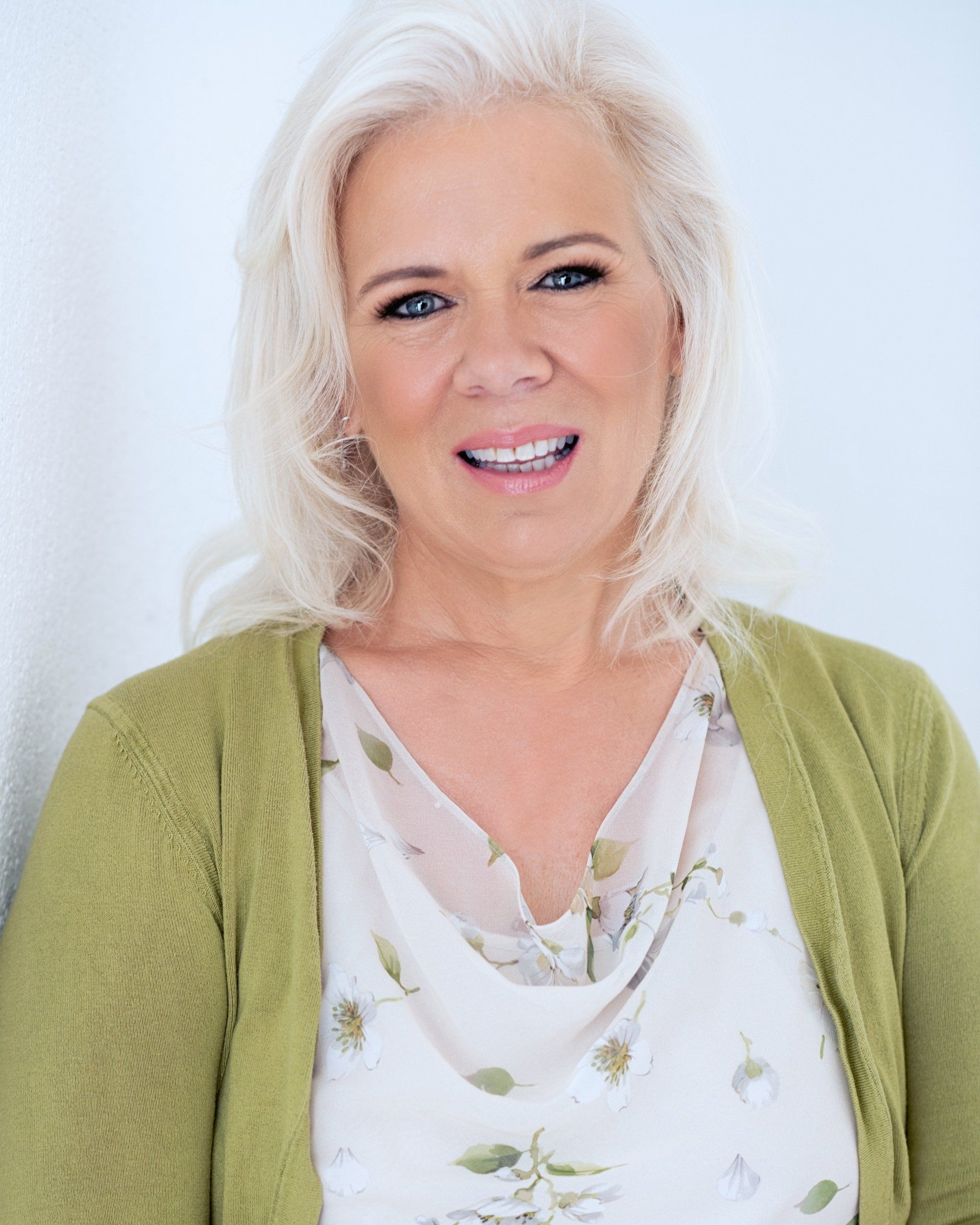Are you working in a critical occupation?
The criminal justice agencies, along with Health Care (forensic & NHS), and the Police force are deemed as critical occupations, where staff are likely to be exposed to traumatic events. If you scan the literature, you would be led to believe that working in a critical occupation is bad for your (psychological) health. But it doesn’t have to be this way.
Workshop Overview
We all know people who love their jobs but struggle to manage the challenges at work. This session will introduce you to an empirically tested and highly practical model called the Model of Dynamic Adaptation © to help make sense of all the factors that might impact on your well-being. With this understanding the session will help you to identify skills and how to manage them to stay resilient in the face of challenges.
Professor Jo Clarke
Jo spent 20 years as a Forensic Psychologist in HM Prison Service, the first half of which was very involved in the delivery, development, and management of the sex offender treatment programme, (SOTP). A three-year period undertaking a PhD into the impact of this work on staff was followed by several years developing and implementing the Well-Being strategy in the High Secure estate in prisons. Jo moved into academia for 8 years, directing the MSc in Applied Forensic Psychology at the University of York. Jo is the Director of Petros a non-profit business, dedicated to the pursuit of resilience for life for all, which she founded 7 years ago. Clients include the General Medical Council, Nursing & Midwifery Council, Health Education England, G4S, the police and medical staff. Petros delivers training for many companies who are working in critical occupations. Jo’s working life centres around training, consultancy, research, and evaluation, that enables people to thrive, not just at work, but in life generally!


